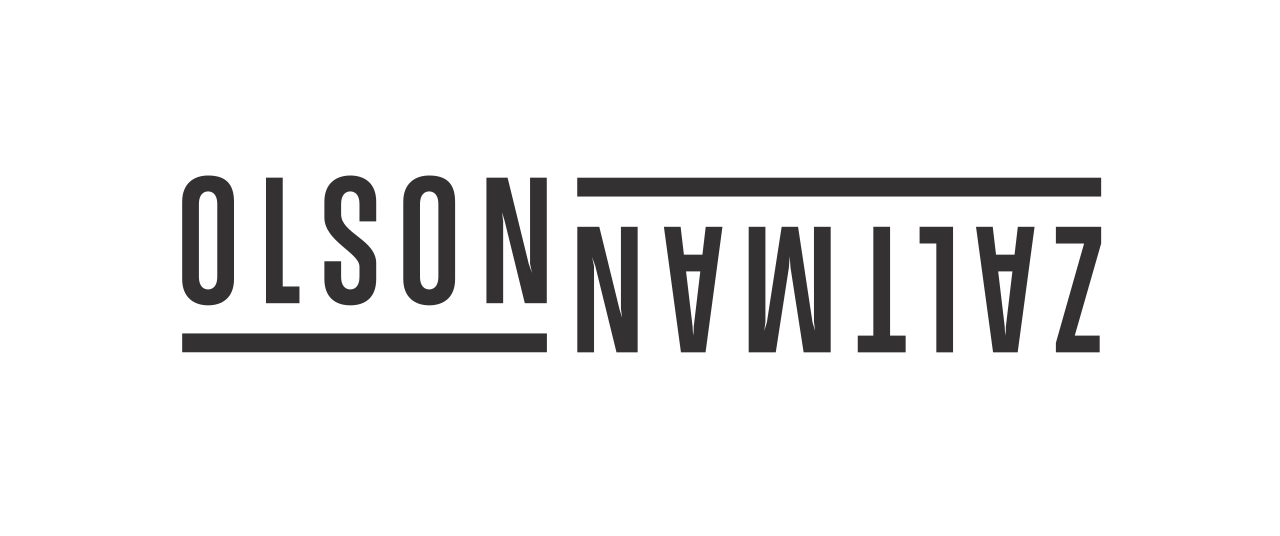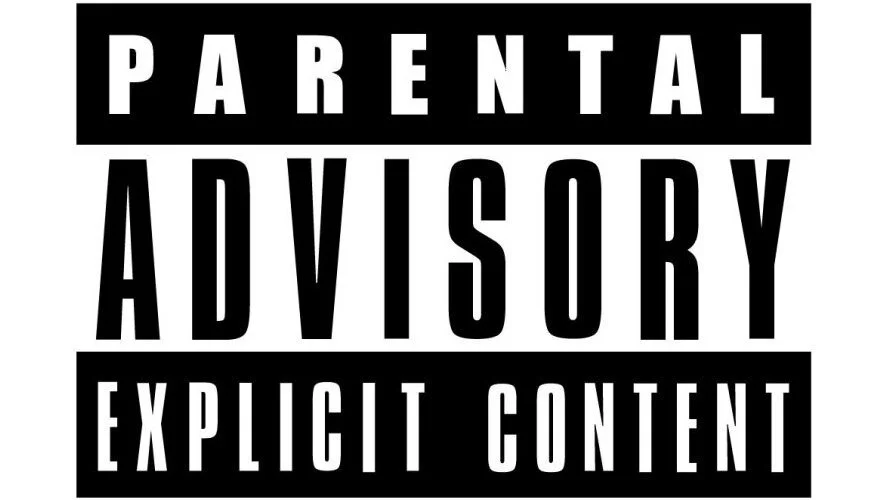WTF?
A new study in the Journal of Marketing Research is exceedingly insightful. Or, perhaps better put, it is damn insightful.
It is titled, “The Power of Profanity” and explores the impact of curse words in online reviews. The authors focused specifically on profanity used emphatically (e.g “F***ing awesome”) or cathartically (e.g. “Holy Sh**”).
The study consisted of three experiments. To summarize:
Reviews with curse words are seen as more helpful.
When someone uses a curse word to qualify a specific product attribute (e.g. “the dishwasher is damn loud” or “the dishwasher is damn quiet”) it influences perceptions of the product more than when such vulgarities are not used
“Milder” curse words (e.g. “heck” instead of “hell”…or “freaking” instead of “fucking”) are not as effective
The effect also is reduced if the entire review is filled with profanity.
Vulgarities apparently reinforce not only perceptions of product strength but also perceptions of how strongly the reviewer feels about that product.
There are many caveats and areas for further exploration. They didn’t study the effect of using curse words as nouns. They also didn’t extend this to all categories. One would imagine certain categories where vulgarities might backfire – if you were looking for a new place of worship, for example, such language might be offensive rather than enlightening.
If the general topic interests you – and you are not easily offended – you may want to explore Nine Nasty Words, published in 2021 by John McWhorter. He is a linguist who has studied the etymologies of our favorite curse words. Every page should come with a trigger warning, but if that doesn’t faze you, check it out.

